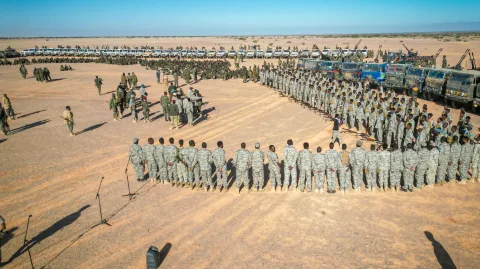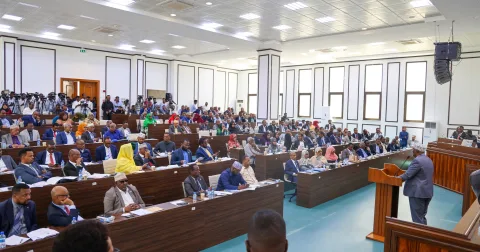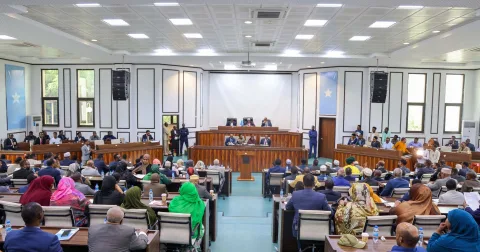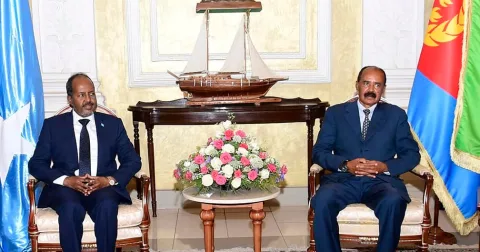The dream of direct elections in Puntland has once again been deferred. President Said Abdullaahi Deni’s…
The dream of direct elections in Puntland has once again been deferred. President Said Abdullaahi Deni’s attempt to rapidly overhaul the electoral system has stumbled, with too many obstacles in the way of real change.
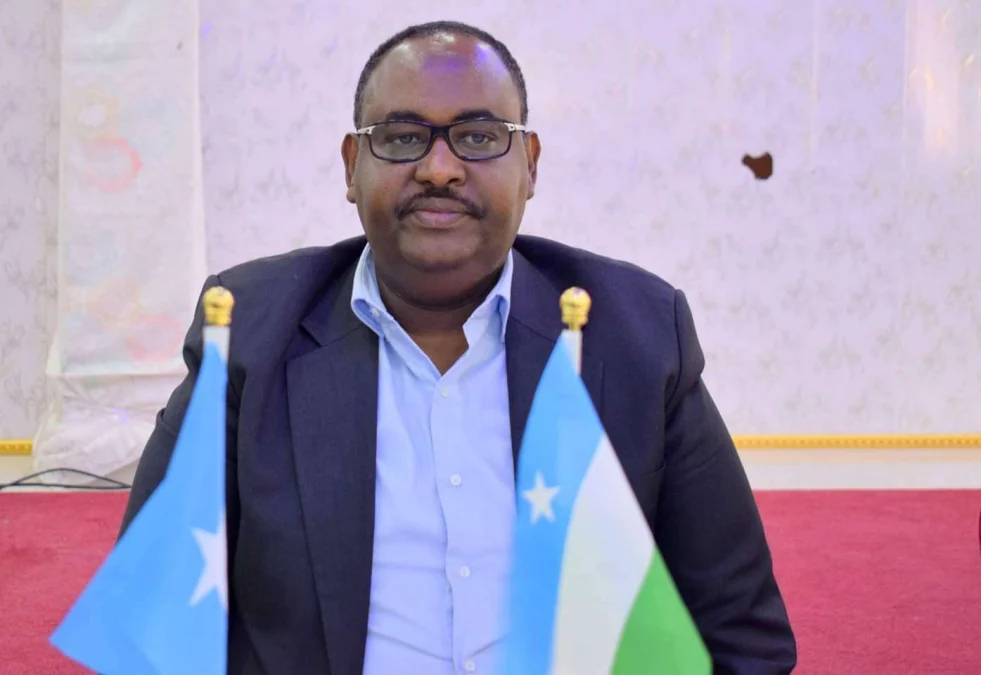
Deni overreached by unilaterally amending the Puntland constitution to enable direct elections. This abuse of power, bypassing proper legislative processes, has undermined the legitimacy of reform efforts. It reflects Deni’s desire to consolidate power rather than truly democratize.
Compounding this is President Deni’s co-opting of local councils and political organizations to influence operations. Along with disregard for constitutional procedures, this led the main opposition party MIDEEYE to withdraw from the electoral reform process entirely.
Further undermining reform is the three-month timeline until the next presidential election. There is simply insufficient time to properly implement a direct voting system by January 8th 2024.
This impasse suggests two equally unpalatable scenarios. President Deni may attempt to illegally extend his term, which would provoke strong opposition. The Mideeye Party and other opposition would fiercely resist an extra-constitutional power grab. Yet proceeding with flawed elections also damages Deni’s legitimacy.
Alternatively, the failed reform process could empower Puntland’s traditional elders. As talks stall, the elders may reassert influence by selecting parliamentary members, returning Puntland to the previous status quo. This would roll back even modest democratic gains.
The dream of direct elections slips away once more. Puntland’s best hope may be to avoid greater instability or armed conflict between President Deni and oppositions in major cities. The region remains fundamentally divided, with duelling visions for its political future.
A missed opportunity
President Deni’s reform efforts were initially met with optimism. Many Puntlanders hoped that direct elections would bring greater accountability and transparency to the government. However, President Deni’s authoritarian approach and the rushed timeline quickly alienated key stakeholders.
The failure of the reform process is a missed opportunity for Puntland. Direct elections could have helped to strengthen democratic institutions and promote political participation. Instead, the region is now left with a deep sense of uncertainty and division.
The road ahead
It is unclear what the future holds for democratic reform in Puntland. Puntland President Said Deni has shown little willingness to compromise or engage with the opposition. This suggests that he is more interested in consolidating power than in building a more inclusive and democratic system.
The oppositions, for its part, is unlikely to back down without a fight. If President Said Abdullaahi Deni tries to extend his term or proceed with flawed elections, it could lead to a dangerous standoff.
The international community can play a role in supporting democratic reform in Puntland. By engaging with all stakeholders and encouraging dialogue, the international community can help to create a more conducive environment for reform.
Conclusion
Puntland’s rocky road to democratic reform is a reminder of the challenges facing many fragile states. It also highlights the importance of constitutional order and the rule of law in any meaningful reform process.
The failure of President Deni’s reform efforts is a setback for Puntland. However, it is important to remember that democracy is a long-term journey. Puntlanders should not give up on their dream of a more just and equitable society.
HORSEEDMEDIA 2023

